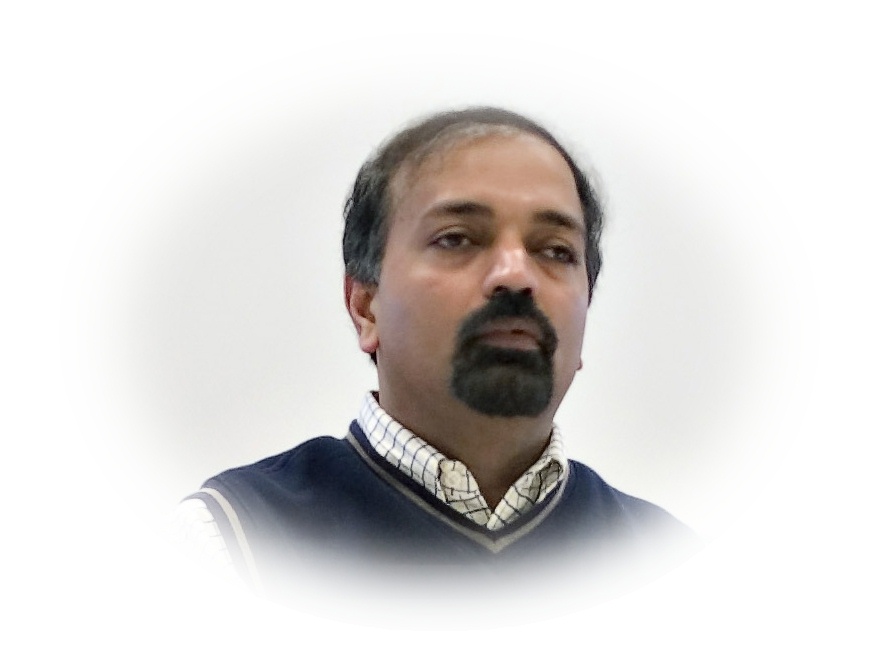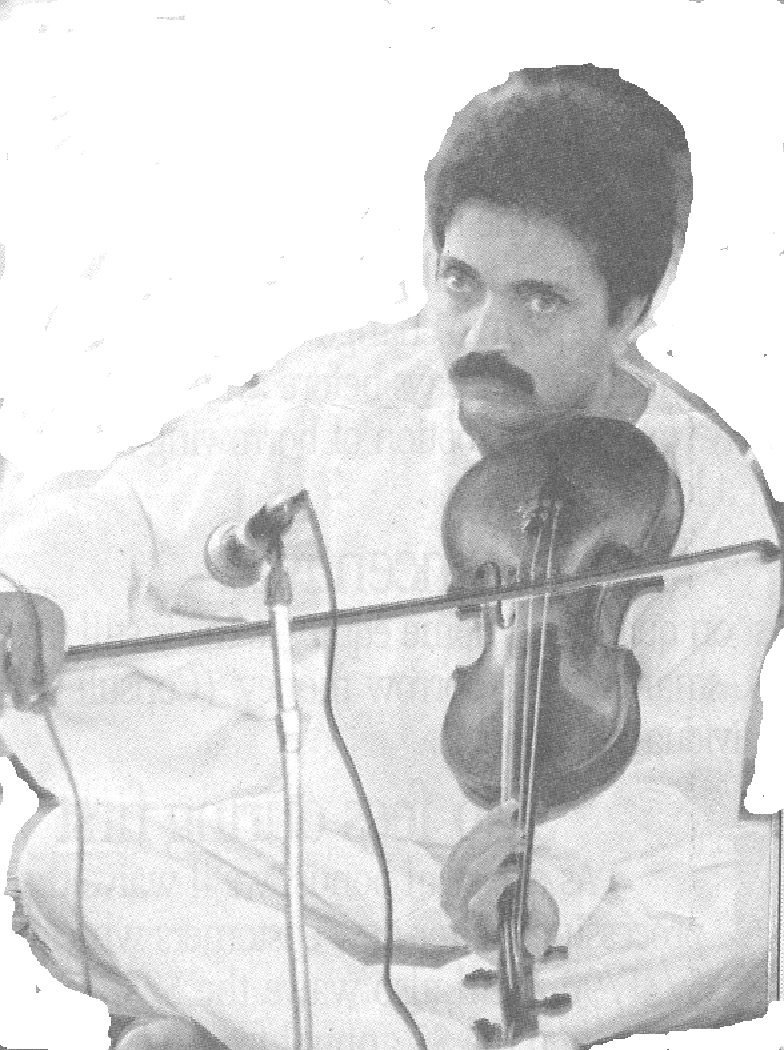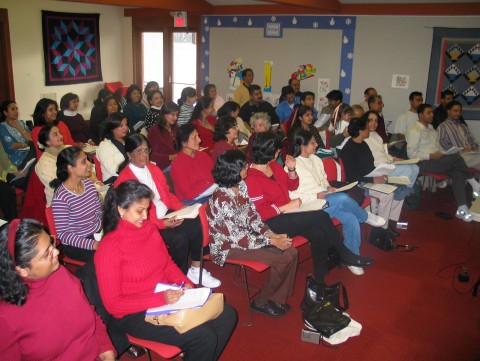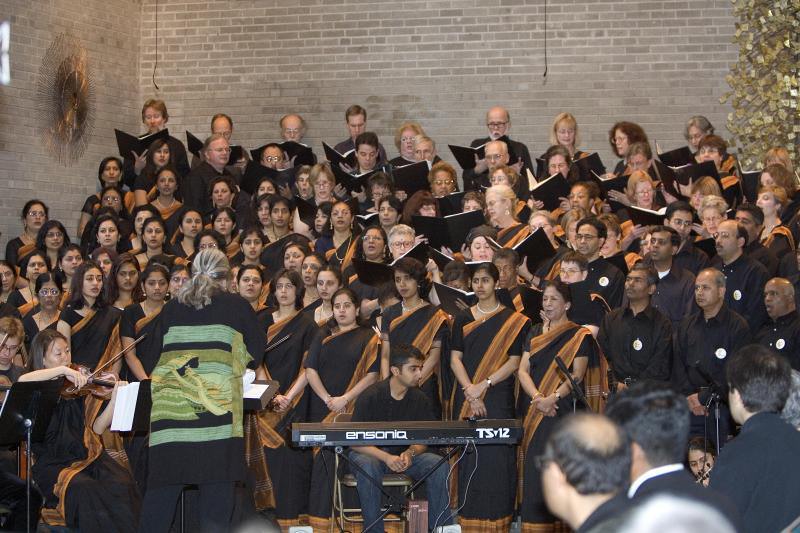KANNIKS KANNIKESWARAN
Indian Classical Music
New: Upcoming concert -- The Sound of Seasons
The music of India is based on the idea of rAgas and hence all of Indian classical music is nothing but rAga vidyA, although in practice there exist two main streams of Indian classical music i.e. Hindustani sangIt and karnataka sangItam.
Kanniks is thoroughly grounded in Indian classical music and has established a style for himself that has grown out of the core of commonality between the seemingly distinct Hindustani and Karnatic classical streams of India. Kanniks' exposure to classical music began when he was a toddler and his formal education in music began at the age of nine and he gave his first concert at the age of thirteen. His musical lineage can be traced directly to the venerated composer Muthuswamy Deekshitar and his classical music repertoire consists largely of a significant body of compositions of the venerated composer Muthuswamy Deekshitar, ancient dhrupads and the Tevaram and Prabandha hymns of the 1st millennium CE.
The website Templenet (www.templenet.com) that he has been authoring and publishing over the last nine year period is a comprehensive work describing the temples of India, the mythology that they symbolize, the history that they represent and the art forms that they display.
Given this Indological knowledgebase, his stress on theory , his knowledge of sanskrit and Tamil as well as the solid grounding in Indian classical music, the compositions of Kanniks are more than musical expressions; they represent a wholesome experience. Although he is known more for his compositional skills, his singing has been noted for its richness of expression (bhava).
"You have a great voice, impeccable tonal purity and your bhava is outstanding. You should sing the music of Aadavallaanin Aindu sabhaigal in its debut performance ..."
Dr. M. Balamuralikrishna at the rehearsal of the music of The Cosmic Dance Halls - 1998"Your grasp over both the Karnatic and the Hindustani music idiom is very commendable"
Lakshmi Shankar's observations on Shanti.
As a classical musician, he specializes in singing in the vilambita (slow majestic) gait with strong emphasis on tonal purity and lyrical expression.
As an instrumentalist, Kanniks is proficient on the violin, although he is very selective about performances.
Kanniks shares the knowledge of Indian classical music with participants in music workshops regardless of their level of proficiency in Indian classical music. His music workshops are packed with information and are a wholesome experience of music, Indian culture and more.
Having represented IIT Madras in inter-collegiate competitions all over India, and having played and orchestrated stage performances of Indian film music and semi-classical music , he is very conversant with the vast repertoire of songs from Tamil and Hindi films and he uses some of these as aids in introducing ragas to music appreciation classes.



